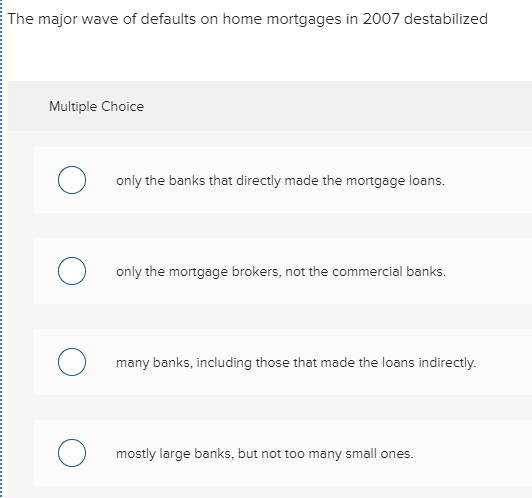
“It can be rolled over so that people will know, that even if you don’t pay now, it will not be seen as default, this kinds of thing can be done so that we can move forward. “Beyond all of that, let us take a cue from what other countries are doing, you cannot give Nigerians money, they can extend mortgage repayment by two to three months. “What the United States is doing to plunging money into the economy to ensure that consumer demands are met, people can still buy goods, so that all those companies in the food sector do not sack their staff, the jobs will be there, if they do not sack their staff, the staff can pay their bills, to keep consumption going, apart from those people, there are also companies which government is binding their commercial papers so that they can have working capitals, to provide liquidity in the market. “If the economy is affected it will affect all sectors of the economy and some people not having cash flow, it can affect the payment of salaries which will result to mortgage defaults. Specifically, the way to look at it is not to focus on mortgage default but to look at the entire effect on the economy as it affects Nigeria and other countries. I think, it is only wise for us to borrow a leaf from that.” “If other countries are taking such steps to ensure that people do not default from their obligations, not only mortgages even companies that have obligations they do not default in bank credits, at least they should be given a minimum of two months to ensure that they are able to pay because they are not doing any business now and, if there is no business they cannot pay. “Several countries have taken actions by asking them to take off one to two months to meet their obligations and the banks are not expected to take them as defaults.”Īkinlusi said since it is not something that is peculiar to Nigeria, “we can learn from what other countries are doing because the shock is global. “This is the normal thing, we expect that if the people, who are employed lose their jobs, it will affect their obligations since many companies are not able to meet up because of the supply chain in China. He commended Nigeria’s Central Bank’s credit relief of $136.6 million to businesses affected by the coronavirus pandemic.Īccording to him, many people who are taking mortgages are working in different sectors and COVID-19 affect their obligations. Adeniyi Akinlusi, said COVID-19 cuts across economy and all industries and therefore requires proactive actions. Other interventions announced by the bank, include reduction of interest rates for the loan from nine per cent to five per cent retroactively to March 1.īut the umbrella body of Mortgage bankers in Nigeria, the Mortgage Banking Association of Nigeria ( MBAN) want the country to take a cue from other countries to avert further default in mortgages.

In Nigeria, the Central Bank of Nigeria (CBN) recently announced a credit relief of $136.6million to businesses affected by the coronavirus pandemic but industrial watchers believed much still need to be done


 0 kommentar(er)
0 kommentar(er)
